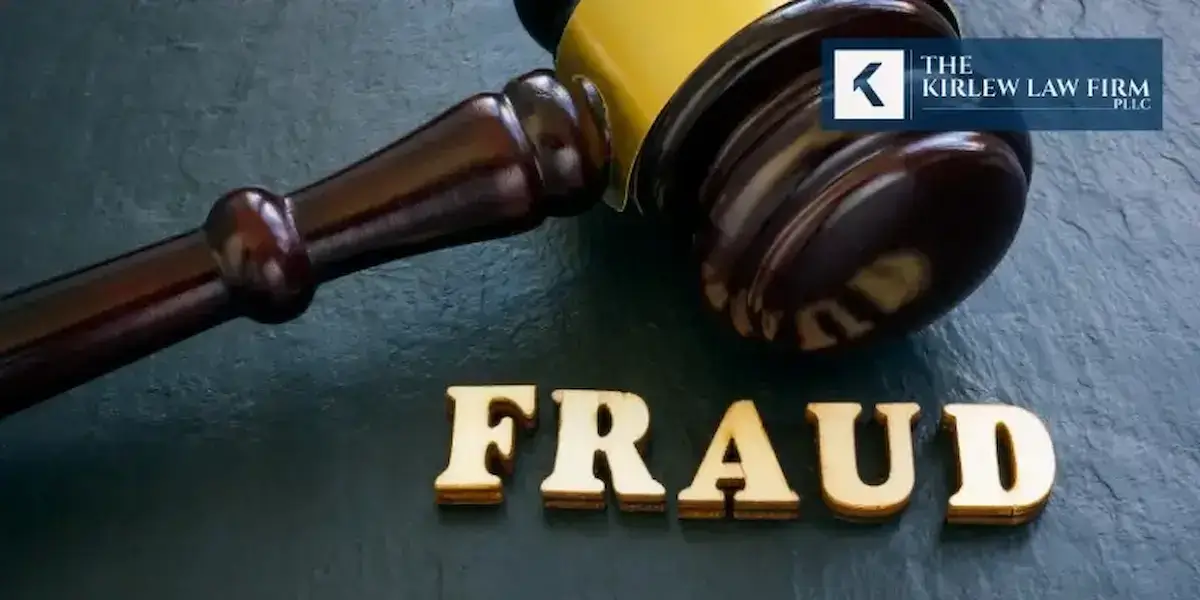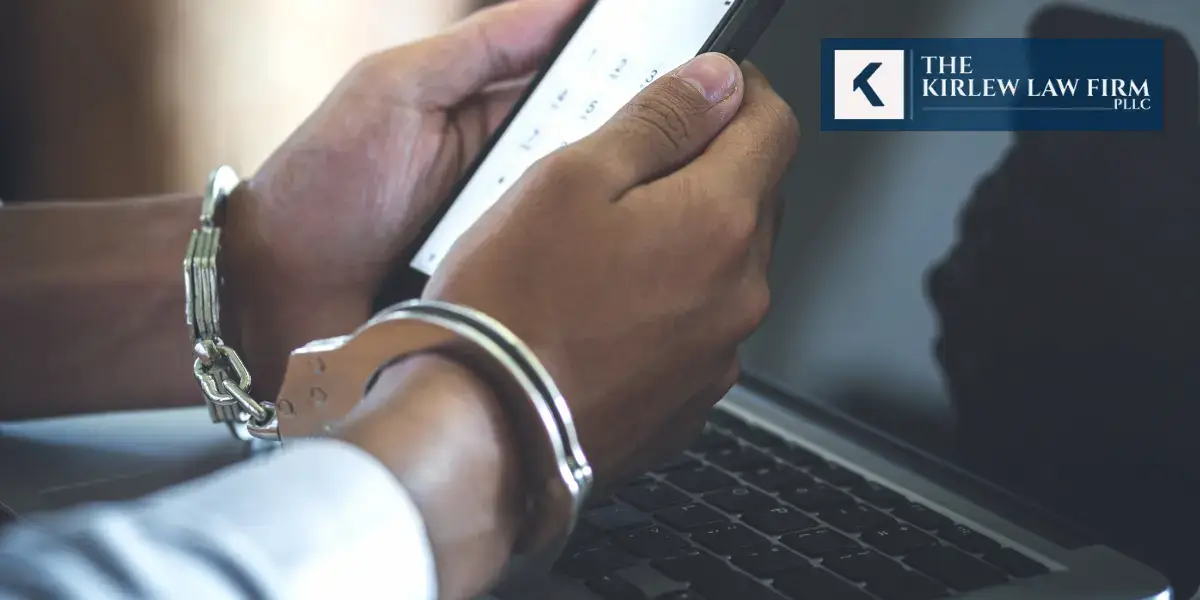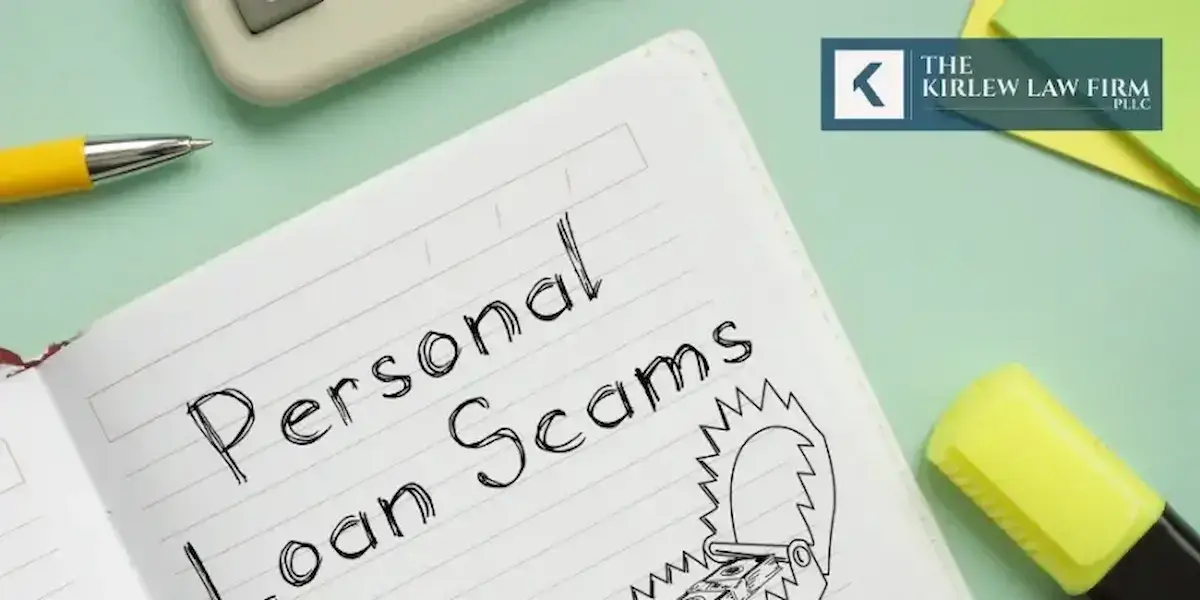Several federal agencies investigate PPP loan fraud, including the Department of Justice (DOJ), Federal Bureau of Investigation (FBI), Internal Revenue Service (IRS), and Small Business Administration Office of Inspector General (SBA OIG). These organizations review loan applications, monitor money utilization, and prosecute fraudulent activity. In many circumstances, local law enforcement and banking authorities work together to discover financial fraud.
Miami PPP Loan Fraud Lawyer
PPP Loan Fraud Attorneys in Miami

South Florida is the epicenter of PPP loan fraud investigations and prosecutions. The term PPP loan fraud can include several white collar crimes, including conspiracy, wire fraud, and money laundering. A Miami PPP loan fraud lawyer offers assistance when facing these types of charges.
The team at The Kirlew Law Firm has vast experience in PPP loan fraud investigations and prosecutions. As a leading PPP fraud defense attorney in Miami, we provide strategic and aggressive defense representation. We have successfully defended numerous local businessmen and accountants in PPP loan fraud cases. If you’re being investigated for PPP loan fraud, you must immediately retain legal counsel and safeguard your rights. Consulting with an expert federal criminal defense lawyer in Miami can be crucial in understanding your legal options and building a strong defense.
Defining PPP Loans
PPP, or the Paycheck Protection Program, was established during the COVID-19 pandemic to support eligible small businesses. PPP loans were much-needed financial aid issued by SBA-approved financial institutions and established under the CARES (Coronavirus Aid, Relief, and Economic Security) Act in March 2020.
Sole proprietors/ self-employed/ non-profits, etc., with no more than 300 to 500 employees and a 25% or greater reduction in gross receipts, were considered qualified to utilize the funding for authorized use, including employee payroll, utility bills, and more.
These were forgivable loans so businesses could sustain their essential operations during the pandemic. After exhausting all funding, the program ended in May 2021. However, existing borrowers are still eligible for loan forgiveness until maturity.
What is PPP Loan Fraud?
Shortly after the pandemic began to wind down, the IRS and FBI ramped up their audits of PPP loan approvals, and numerous PPP loan recipients were subjected to fraud investigations. Today, the federal government is aggressively evaluating PPP loan fraud cases. The statute of limitations was recently lengthened to 10 years instead of the normal 5 years statute of limitations for fraud related offenses.
Several businesses are facing serious accusations categorized under white-collar crimes. You can be investigated for fraud if you’ve intentionally or unintentionally misused your loan fund. We have seen hundreds of otherwise innocent individuals face grand jury subpoenas or target letters from the federal government for unknowingly being involved in a PPP loan fraud.
Investigators scrutinize each case meticulously, and those convicted face imprisonment and forfeiture of their assets (including their primary home). The SBA has also recently announced that it plans to audit all PPP loans above $2 million and some smaller loans. An experienced Miami PPP loan fraud attorney like Brian Kirlew, Esq. can help you determine path forward.
Common Types of PPP Loan Fraud
PPP loan fraud can come in various forms. However, it usually involves misappropriation, fraud, or improper use of funds. Unfortunately, intent does not matter in loan fraud. Some people knowingly commit loan fraud, and others unknowingly do so. Some of the most common types of PPP loan fraud include:
- False statements and misrepresentation. This occurs when a business owner either gives false numbers for payroll or reports employees that do not exist in order to qualify for larger loan amounts. Others falsify their business income losses in order to qualify for money that they would not have obtained otherwise. Any deceptive or erroneous information provided on a PPP loan application, even if accidental, may be grounds for federal charges.
- Loan stacking. Loan stacking occurs when a business owner applies for multiple PPP loans from different lenders without disclosing that they are doing so. Receiving multiple loans without being authorized to do so is considered a fraudulent act and can bring legal consequences.
- Misuse of PPP funds. PPP loans are for the sole purpose of financial relief related to business expenses, such as payroll, rent, and utilities for the business. Some people have used these funds for personal reasons, such as vacations, personal cars, or shopping trips. Any spending that is not an approved business expense can result in criminal charges.
- Identity theft. Using stolen personal information to obtain PPP funds is a crime. In some cases, a business may be unaware that another individual or business used their information to secure PPP benefits.
What to Expect in a PPP Loan Investigation
Numerous organizations are involved in investigating and prosecuting PPP loan fraud. Loan applications are regularly reviewed to uncover possible fraud. If you are ever under investigation, knowing the process can help you respond appropriately.
Typically speaking, a PPP loan fraud investigation starts with a financial audit or data analysis. The agency performing the investigation will review bank records, payroll, tax returns, and other business documentation to locate any inconsistencies or suspicions. Larger loans usually face more scrutiny, but smaller loans are also open to investigation.
If there are any suspicious occurrences, a subpoena may be issued for the business’s financial records. Third-party vendors, payroll companies, and banks might all get subpoenas asking for records on loan applications and financial transactions for a business. This helps to determine if fraud has occurred.
If there is enough evidence to support that fraud, criminal charges, or civil actions may be filed. Criminal charges may result in a criminal record, jail time, or fines. Civil actions are typically more focused on recovering the financial losses. Regardless of the charges, immediate action is crucial to begin securing a better outcome.
How to Respond if You Are Contacted by Federal Investigators
If you receive a subpoena or are contacted by federal investigators, the first thing you want to do is remain calm and do not panic. Speaking with an officer without understanding your legal rights can be harmful, especially because anything you say can be used against you later.
Do not volunteer any information. Do not say anything without your legal counsel present. Investigators have a lot of experience handling these types of situations, so they know the questions to ask that may be used against you later. Even if you believe that you have done nothing wrong, any statement or inconsistency can be misconstrued. Wait until your attorney is present so they can advise you on how to respond.
Avoid destroying or changing any documents. When someone hears they are being investigated, they may try to change records or remove emails. This can result in obstruction of justice charges, which carry severe consequences. Even if there are errors in your loan documentation, do not try to correct them retrospectively. Instead, speak with an attorney to identify an optimal course of action.
As soon as you learn that you are being investigated, contact a Miami PPP loan fraud lawyer. An attorney can help you navigate the situation and make the right moves going forward, avoiding any illegal, unethical, or suspicious steps. An attorney can help review the investigation and come up with an appropriate plan.
Finally, be sure to comply with any requests, but do so with your attorney’s direction. An attorney can make sure you are meeting legal requirements without giving more than what is necessary. Cooperate with the assistance of your lawyer. Having a lawyer can make a big difference in the outcome of your case, including avoiding criminal charges or diminishing the severity of the charges against you.

PPL loan fraud indictments often included the accompanying charges of wire and bank fraud, mail fraud, money laundering, false statements, etc. Understanding this complex landscape is essential for the correct defense.
Bank fraud charges, for instance, involve deceiving financial institutions. Penalties can go up to 30 years of imprisonment and $1 million in fines.
Potential penalties for wire fraud can reach 20 years of federal imprisonment. Money laundering charges carry the same 20-year prison sentence, and the prosecution needs to establish that the funds were obtained from illegitimate business sources.
A conviction will lead to imprisonment, forfeiture of assets, fines and supervision in addition to becoming a convicted felon. Beyond legal challenges, it can cause long-lasting damage to your personal and professional reputation. Banks won’t do business with you in the future and it will be nearly impossible to obtain professional licenses or permits.
Who Can Be Charged with PPP Loan Fraud?

PPP loan fraud charges often target a broad and varied group of individuals and businesses. Upon a closer look, small business owners, entrepreneurs, dental practices, restaurant owners, brokers, consultants, financial officers, and accountants are the frequent targets of the federal government.
The Kirlew Law Firm Can Help
The Kirlew Law Firm is recognized for its exceptional experience in fighting white-collar crimes. We offer strategic advice and unwavering dedication to every case. Thousands of clients have chosen us to fight for their rights. Our approach to PPP loan fraud defense include:
- In-depth analysis of your case
- Tailored defense strategies to fit specifics circumstances
- Negotiating with prosecutors seeking favorable outcomes
- Aggressive representation in court
- Keeping you informed and offering comprehensive legal support
- Personalized attention and clear communication
- A vigorous defense before a jury if you elect to proceed to trial
The stakes are high. Your livelihood, freedom, and reputation may be at risk. But we can help you navigate these uncharted waters and make sense of these complicated cases.
FAQs About PPP Loan Fraud Law in Miami
How Can I Help With Fraud on My PPP Loan?
If you notice any inaccuracies or probable fraud in your PPP loan application, you should contact an experienced attorney right away. You may be able to update inaccurate information, offer supporting documentation, or collaborate with authorities to fix issues before an inquiry begins. Avoid modifying data or making false statements since this could worsen the problem and lead to criminal penalties.
Is PPP Loan Fraud a Felony?
Yes, PPP loan fraud is a federal felony in Florida with serious consequences, including prison time, large fines, and asset forfeiture. Common charges for PPP fraud include wire fraud, bank fraud, money laundering, and conspiracy, all of which can result in extensive time in prison if convicted. A solid legal response is required to reduce potential repercussions
Can You Anonymously Report PPP Fraud?
Yes, you can report PPP fraud anonymously using the SBA Office of Inspector General (OIG) Hotline, the DOJ fraud reporting system, or the FBI’s tip line. While reports can be made in confidence, providing extensive and precise information raises the chances of an inquiry. Whistleblowers may be protected under federal law.
Your Defense Starts Here!
Do not face PPP loan fraud accusations with an experienced lawyer. Brian Kirlew, Esq. and the staff at the Kirlew Law Firm are ready to assist you in your defense. Contact us at (305) 521-0484 for expert legal assistance with PPP loan fraud defense. We can be your steadfast allies, dedicated to achieving the best possible outcome for your case. Get started now!
Contact a Miami White Collar Criminal Attorney today!
If you are being investigated for a White Collar crime at the state or federal level (or both), the sooner you get a qualified attorney on your side to protect your rights, the better. Brian Kirlew, Esq. is experienced and skilled at handling these complex and sensitive matters, and is here to represent you in court. Our criminal defense attorneys in Miami are proud to offer you a free phone consultation to ensure that we can best serve you. Contact us immediately to get started.

